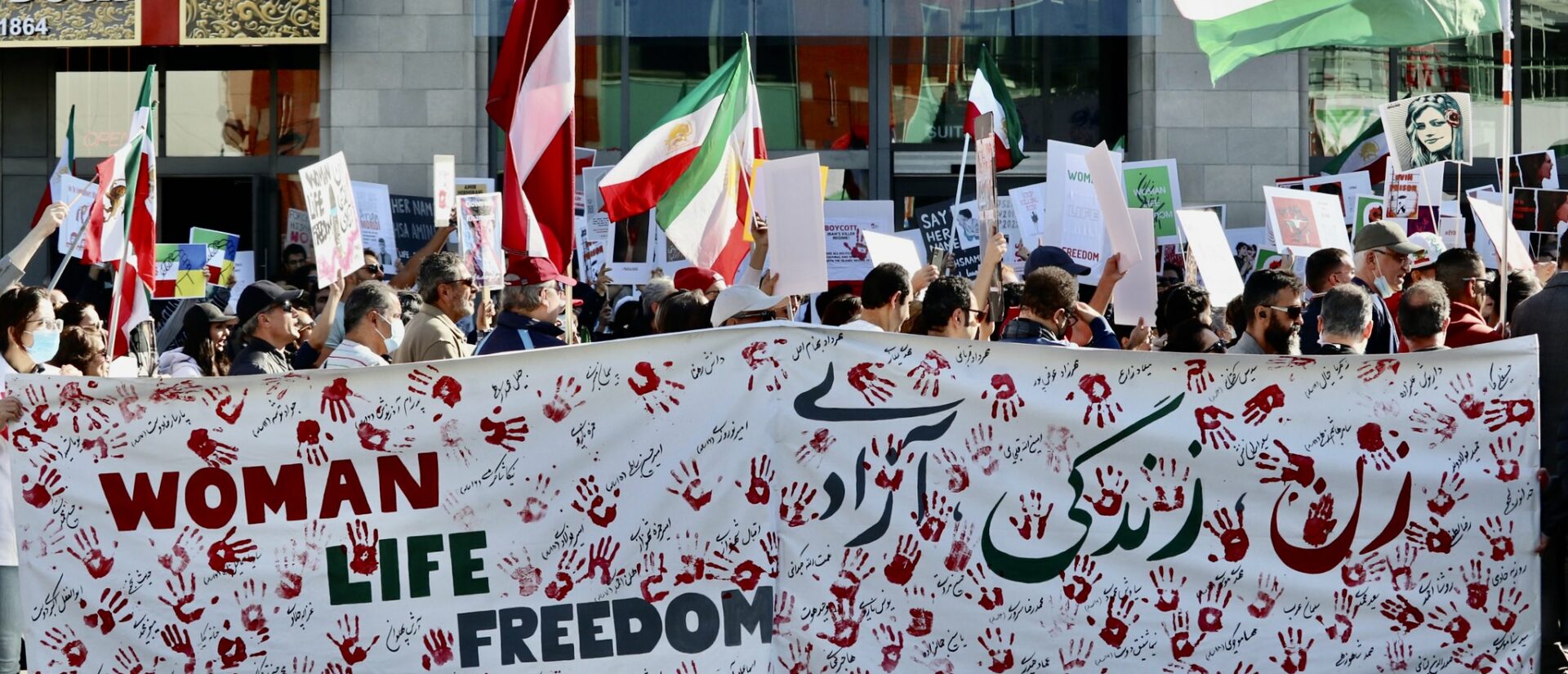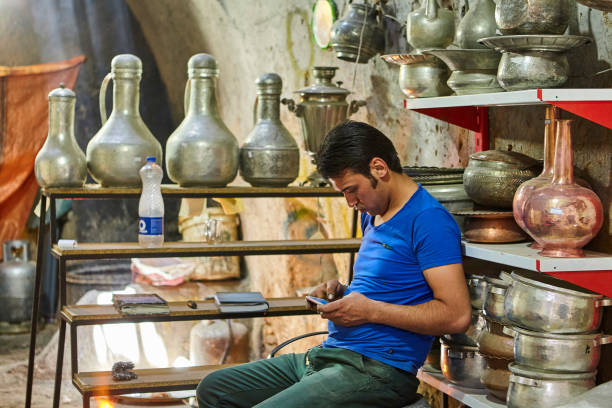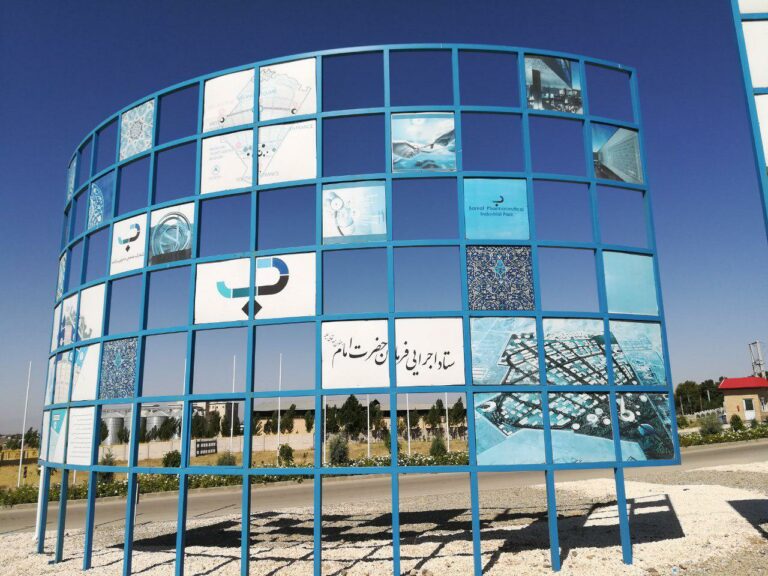
Urgent need for EU legislative action to keep European surveillance tech out of Iran


As Iran rages with protests for democracy and human rights, camera surveillance has become one of the primary tools used by Iran’s authoritarian regime to identify opponents and oppress the population. Against the backdrop of a growing global momentum for more binding rules for corporations, SOMO and Justice for Iran discuss why it is so important that lawmakers in Europe require tech companies and their investors involved in producing surveillance technology conduct risk-based due diligence to determine whether their products and services are being used to commit human rights abuses “downstream” in their value chain.
Caught on camera: How CCTV tech contributes to human rights abuse in Iran
The use of closed-circuit television (CCTV) surveillance by government authorities has proliferated in today’s digital age. In the long read ‘Caught on camera: How CCTV tech contributes to human rights abuse in Iran‘, SOMO and Justice for Iran examined the downstream impacts and responsibility of private companies and investors involved in the manufacturing and supplying of digital surveillance and monitoring technologies to authoritarian regimes such as Iran and China, that are known to violate the rights to privacy, freedom of assembly and association, and freedom of opinion and expression.
The Iranian regime is notorious for its widespread use of CCTV surveillance to identify and hunt down critics, which has led to a wide array of well-documented human rights violations. “Companies that manufacture or supply CCTV cameras to countries like Iran may be contributing to those violations and have a responsibility to prevent them,” said Omid Shams, Research Director at Justice for Iran. “Only after the recent protests, at least 20 people are on death row who are mostly identified using traffic CCTV as well as ordinary private CCTV. These protesters have been severely tortured to falsely confess to crimes they did not commit. Four of them were already executed solely based on these confessions.”
Currently, these responsibilities are defined most clearly in the UN Guiding Principles on Business and Human Rights (UNGPs) and the OECD Guidelines for Multinational Enterprises (OECD Guidelines). They expect companies to conduct risk-based downstream due diligence to avoid having their products or services contribute or be linked to adverse human rights impacts caused by their customers, including government clients. However, at the moment these standards remain largely voluntary and are ignored by many companies.
Legislation needed
While many European companies claim to subscribe to these guidelines on paper, things often go wrong in practice, says Joseph Wilde-Ramsing, Senior Researcher at SOMO. “The past two decades of experience has shown that companies will not properly implement the UNGPs and OECD Guidelines as long as they remain voluntary. Lawmakers in Brussels and other European capitals currently debating whether to make risk-based human rights due diligence mandatory must do so immediately, and ensure that human rights abuses “downstream” in companies’ value chains are in scope of the obligations, especially when choosing to do business in complex contexts such as Iran’s.”
Given the growing momentum for mandatory due diligence — with legislative proposals already on the table in many countries — it is important that companies operating in or doing business with governments with a bad human rights track record immediately start aligning their internal procedures with the most comprehensive international standard on due diligence to date – the OECD Guidelines. Wilde-Ramsing: “If European legislators manage to get this right and mandate risk-based downstream due diligence, what has thus far been voluntary and left to companies’ own discretion will soon become law and force companies to protect people and the planet rather than simply seeking short-term profits for shareholders.”
The authors can be reached by email:
Omid Shams
Joseph Wilde-Ramsing
‘Caught on camera: How CCTV tech contributes to human rights abuse in Iran’ is the third in a series of four publications on due diligence and doing business with repressive regimes like Iran.
Do you need more information?
-

Joseph Wilde-Ramsing
Advocacy Director
Partners
-
Justice for Iran


Related content
-
Under a watchful eye Published on:Posted in category:Publication
-
 Telecom companies must not let their services become tools of repressionPosted in category:NewsPublished on:
Telecom companies must not let their services become tools of repressionPosted in category:NewsPublished on: -
Tread cautiously Published on:
 Joseph Wilde-RamsingPosted in category:Publication
Joseph Wilde-RamsingPosted in category:Publication Joseph Wilde-Ramsing
Joseph Wilde-Ramsing

